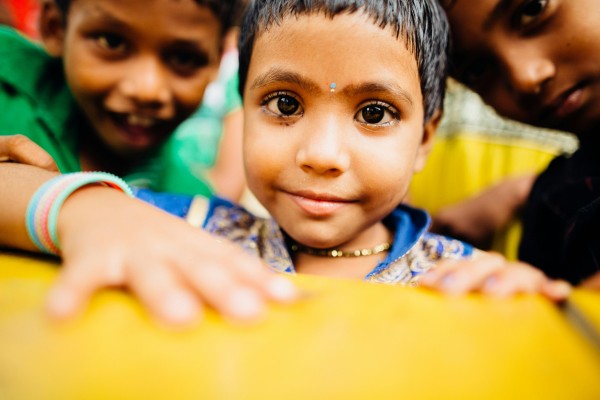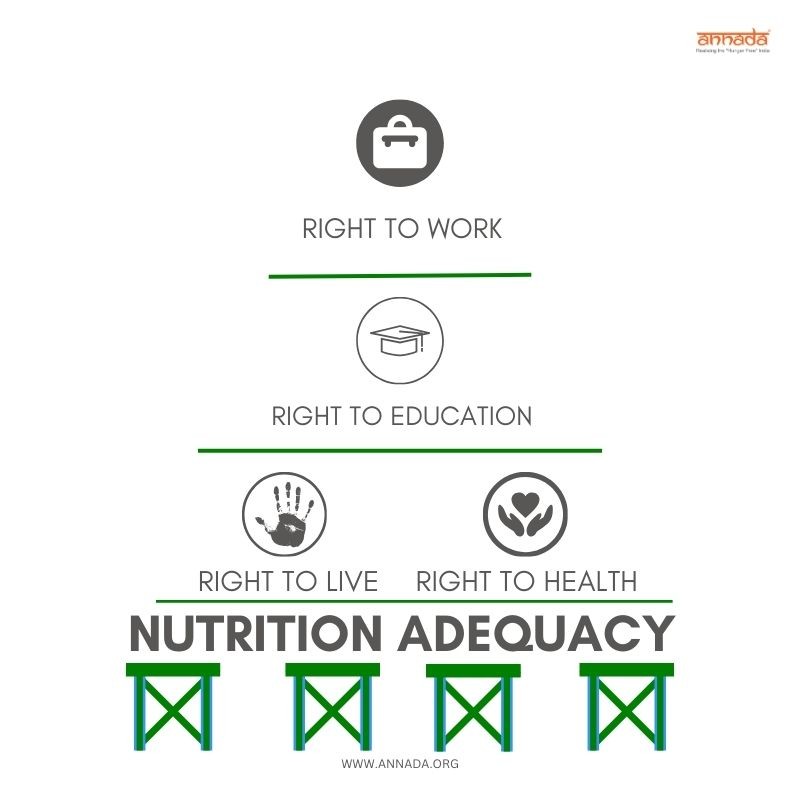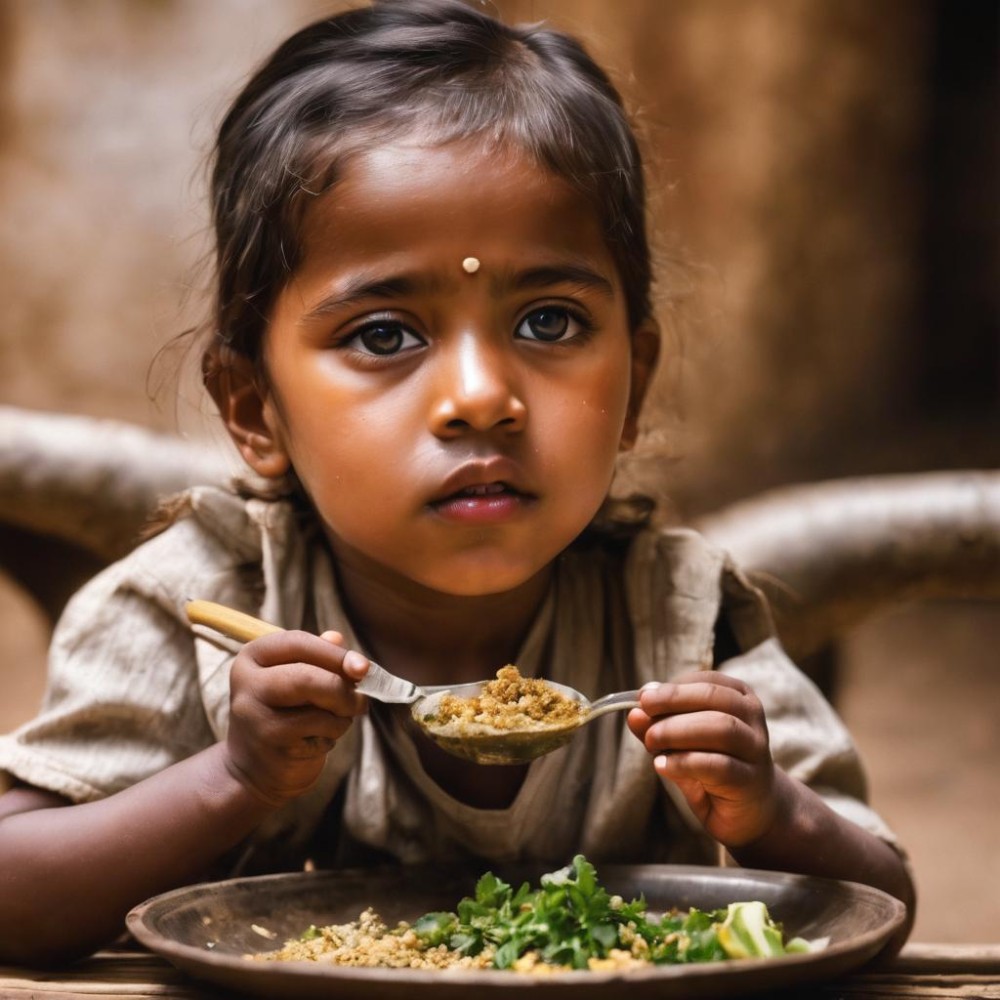Every year, Human Rights Day reminds us of our fundamental rights and the need to ensure and protect them for every human being.
While we associate human rights with freedom of speech, education, and equality, the right to adequate nutrition is equally fundamental.
The crisis
Child malnutrition is not isolated but intersects with other human rights. The right to health, education, and an adequate standard of living are interconnected and interdependent.
It remains a multifaceted problem encompassing undernutrition, overnutrition, and micronutrient deficiencies. According to the World Health Organization (WHO), nearly 149 million children under the age of 5 suffer from stunting, 50 million suffer from wasting, and 340 million suffer from micronutrient deficiencies. These staggering figures underscore the urgent need to address malnutrition as a human rights issue.

And yet, millions of young children at critical development ages around the world face the crisis of malnutrition that jeopardizes their right to live and hinders many other fundamental rights.
The Right to Live:
The Universal Declaration of Human Rights, adopted in 1948, outlines the inherent rights and freedoms to which all individuals are entitled. Among these rights is the right to an adequate standard of living, which encompasses the right to food. This right is especially crucial for children as proper nutrition is the foundation for physical, cognitive, and emotional development.
When a child is denied access to nutritious food, their right to life, survival, and development is compromised, hindering a child’s potential and limiting their ability to contribute meaningfully to society.
Growth Impact
Malnutrition has far-reaching consequences on a child’s physical and mental development. Lack of essential nutrients during the early years can lead to stunted growth, impaired cognitive function, and increased disease susceptibility. These long-term effects infringe upon a child’s right to health and education and hinder their ability to fully participate in their community’s social, economic, and cultural life.

The Right to Health:
Insufficient nourishment weakens immunity and hampers overall well-being, making children more vulnerable to diseases and hindering their ability to thrive.
Malnourished children face long-term consequences, impacting not only their current health but also their future prospects. Addressing child malnutrition is imperative for breaking this cycle, ensuring children can exercise their right to health and reach their full potential.
The Right to Education:
Depriving children of the foundational elements for learning and growth, malnutrition becomes a formidable barrier to the realization of their right to education, perpetuating a cycle of disadvantage and limiting their potential for a brighter future.
The Right to Work:
Malnourished individuals are more susceptible to illnesses, reducing their attendance and productivity. Cognitive impairments limit learning and skill acquisition, hindering professional advancement. The long-term consequences of malnutrition, such as chronic health issues, further limit an individual’s ability to sustain gainful employment.
Addressing malnutrition is crucial not only for the immediate well-being of individuals but also for ensuring the realization of their right to work and economic self-sufficiency.
We can change things TOGETHER.
Working together to address the root causes of malnutrition, we can pave the way for a brighter and more equitable future where every child has the opportunity to thrive.
Tackling child malnutrition requires a holistic approach involving socio-economic considerations, community engagement, and innovation.

At ANNADA, we implement mother & child health & nutrition interventions that bridge the nutrition gap for children under 6 years, pregnant mothers, and lactating mothers by offering nutrient-enriched meals.
We also cultivate awareness about the significance of nutritious food and promote safe hygiene practices in the beneficiary community. The commitment is rooted in closing the nutrition gap and fostering well-being in these critical stages of life.
Let's connect:
We seek collaborations with CSR partners & philanthropic institutions to implement high-impact nutrition interventions to support vulnerable beneficiaries in multiple rural/ tribal locations.
Write to us: outreach@annada.org
Call: Alvin: 91672 76514
Satyen: 91672 10710
Thank you








